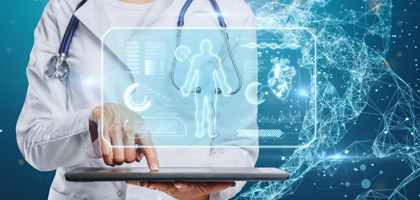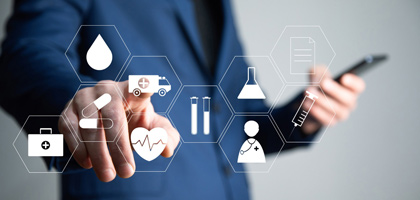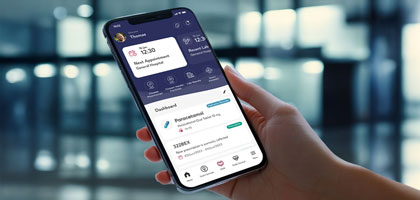
Blog
This Month in Healthcare IT: Remarkable e-Health News in March
In the progressive terrain of healthcare IT, staying ahead of the curve is not just a goal; it's a necessity. At Tiga Healthcare Technologies, we are committed to keeping up with the latest industry developments, from paradigm shifts in patient care and AI developments to recent report insights about health data management. Staying current is essential for our leadership of advanced technology.
We are here to lead through knowledge and comprehend global advancements to shape the future of healthcare technologies. Our commitment to being up-to-date places us at the forefront, equipped to address the changing demands of Healthcare IT with innovative solutions. This blog series represents our commitment to this mission, offering a window into the cutting-edge developments that inspire our work.
We are excited to display the healthcare advancements and reports that have caught our attention from March until now.
Here are the top 11 news that have inspired us:
1. The European Parliament and Council agreed on a provisional agreement on the European Health Data Space (EHDS) proposal.

Negotiators from the European Parliament and Council have agreed to establish the European Health Data Space (EHDS), enhancing access to and secure sharing of personal health data across the European Union. This legal framework will govern health data use, ensuring electronic access and free download for patients to their health data EU-wide and enabling healthcare professionals to access necessary patient data for treatment. The initiative includes setting up national health data access points via the MyHealth@EU platform, creating a European EHR exchange format and setting standards for data quality, security and EHR system interoperability.
2. Global healthcare IT leadership united at the HIMSS24 Exhibition and Conference in Orlando, Florida.

The HIMSS24 Exhibition and Conference, which is the leading in its field, was attended by over 35,000 healthcare IT leaders and professionals from both the private and public sectors worldwide. This prominent event served as a global platform for the exchange of innovative ideas, cutting-edge solutions and discussions on the future of healthcare technology. Participants included a diverse group of experts, policymakers, consultants and practitioners who gathered to share insights, best practices and case studies to advance healthcare IT. The conference highlighted the importance of digital transformation in healthcare with keynotes and educational sessions, showcasing the latest trends, technologies and strategies for improving patient care, operational efficiency and data security in the healthcare industry. As Tiga, we were also at HIMSS24, the epicenter of healthcare IT innovation. We maximized the advantages of networking and brainstorming through collaboration opportunities and helpful events.
Source: https://www.himssconference.com/en/attend/attend/about.html
3. The WHO's recent report 'Strategy for Optimizing National Routine Health Information Systems’ indicates a roadmap for enhancing nationwide healthcare systems.
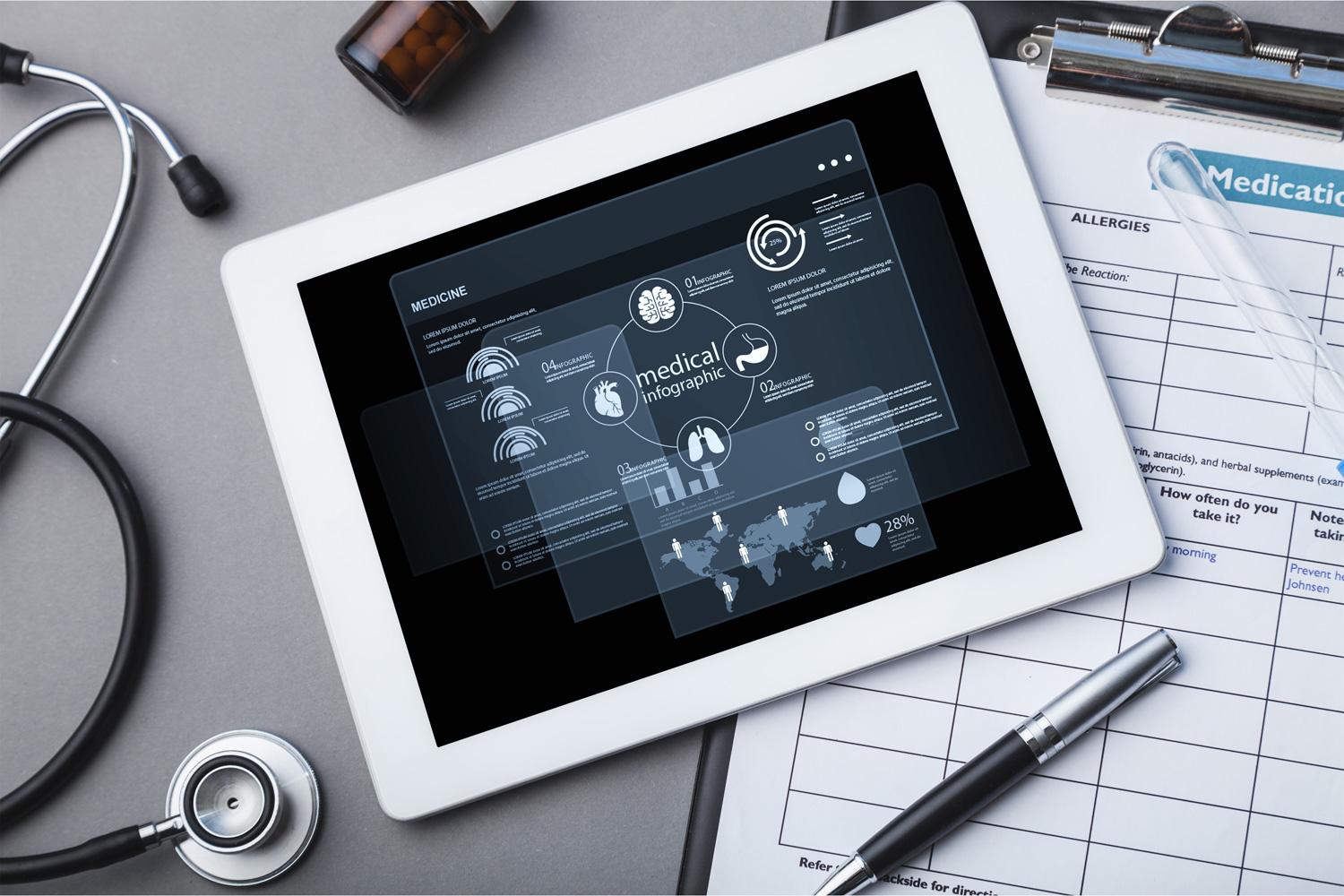
The World Health Organization (WHO) has published a new guidance document, 'Strategy for optimizing national routine health information systems', to assist countries in enhancing their Routine Health Information Systems (RHIS). This guidance report focuses on improving the management and provision of healthcare services, particularly at the primary care level, through five main objectives: unifying various health data platforms, ensuring seamless interoperability among these systems, emphasizing evidence-based decision-making, aligning the operations with national healthcare objectives and establishing collaborations to fulfill these aims. These objectives form a segment of the WHO's broader SCORE criteria (Survey, Count, Optimize, Review, Enable), designed to elevate global health data gathering and application standards. The overarching goal is to advance healthcare delivery across all levels, from community-based settings to the broader scope of national policy frameworks.
Source: https://www.who.int/publications/i/item/9789240087163
4. The European Commission opens public consultation for Joint Clinical Assessments of Medical Products under the Health Technology Assessment (HTA) Regulation.

The European Commission has initiated a public consultation on its proposed implementing act, designed to elaborate on procedural specifics for conducting joint clinical evaluations of human medicine products. This act follows the Health Technology Assessment (HTA) Regulation, establishing a cooperative framework among the European Union Member States for assessing health technologies.
The proposal outlines guidelines for collaboration with the European Medicines Agency and the Member States Cooperation Group, criteria for providing essential data by technology developers, processes for selecting patients and experts and stakeholder organizations' involvement. It also specifies the structure and templates for the necessary documents in joint clinical assessments. This implementing act, once approved, will be enforced alongside the HTA Regulation starting January 12, 2025.
5. The WHO Europe released the 'Telehealth Quality of Care Tool' as guidance and self-assessment.

The WHO's European division has launched a new report titled 'Telehealth Quality of Care Tool,' which is aimed at appraising telehealth services across three main criteria: patient-centricity, effectiveness in clinical terms and safety measures. It aims to improve health outcomes and make healthcare more accessible by promoting effective communication, ensuring privacy, considering economic impacts and adhering to ethical guidelines. This tool serves a dual purpose: it provides a comprehensive framework for countries to evaluate their telehealth infrastructure and aids organizations in ensuring their offerings meet established quality criteria. Additionally, this tool will be refreshed biennially, ensuring relevance in changing healthcare demands and technological advancements.
Source: https://www.who.int/europe/publications/i/item/WHO-EURO-2024-9501-49273-73635
6. Team Europe Initiatives (TEIs) and African Union partners launch four initiatives to strengthen African health systems.
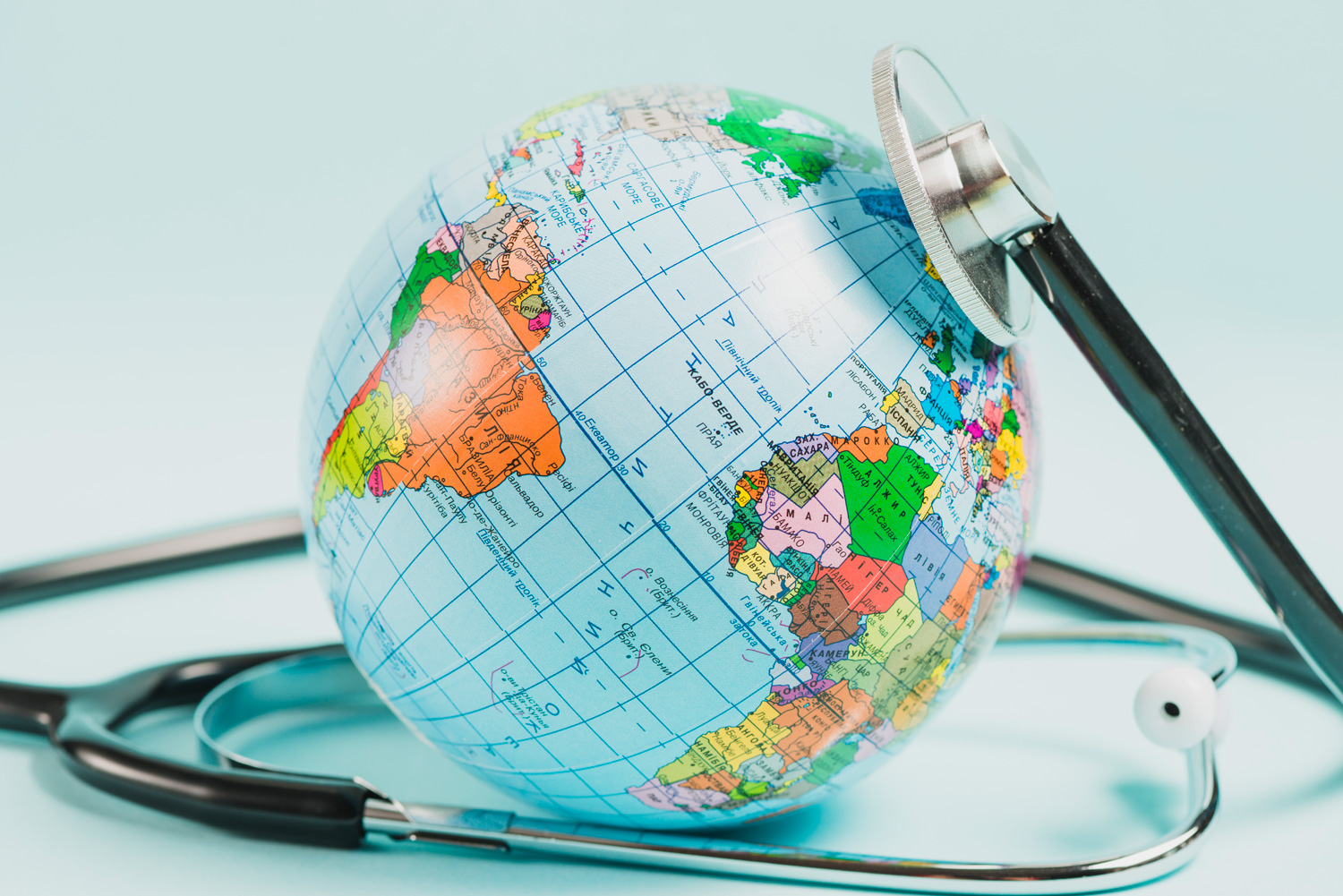
Three health Team Europe Initiatives (TEIs) were launched during the high-level event on the European Union (EU) and African Union (AU) partnership on Global Health for equitable access. The TEIs will strengthen health security, support African public health institutes and boost digital health.
This initiative adopts a holistic One Health approach, acknowledging the interconnectedness of human, animal and environmental health. It will enhance the operational capabilities of the Africa CDC by improving laboratories, surveillance systems and research on implementation at the national, regional and continental levels. This endeavor, supported by the European Union with a €123 million fund for 2022-2027, seeks to expand health security across Africa significantly.
Source: https://ec.europa.eu/commission/presscorner/detail/en/ip_24_1563
7. The Trustworthy & Responsible AI Network (TRAIN), a new consortium with Microsoft as one of its members, was announced at HIMSS.
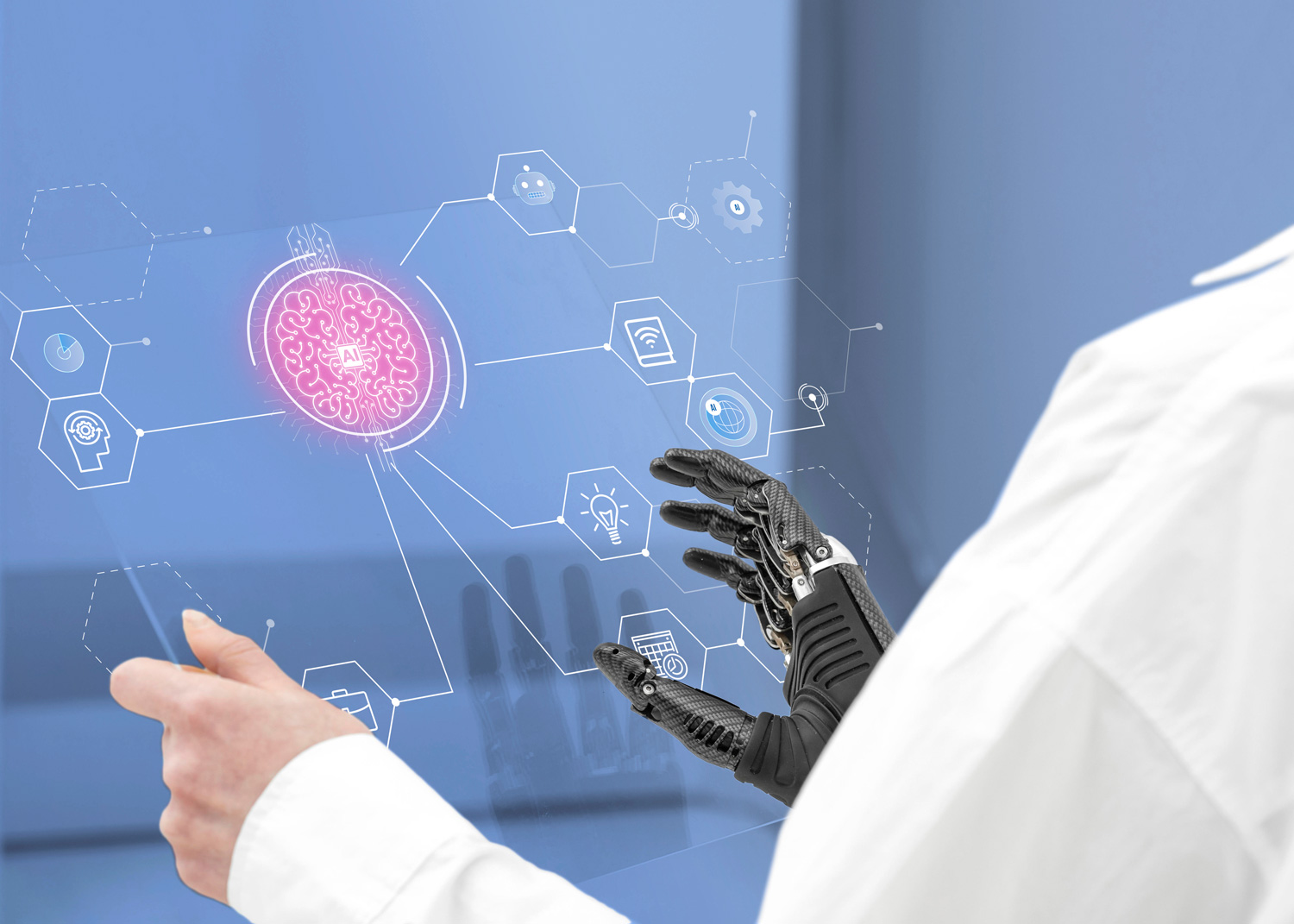
A new consortium of healthcare leaders announced at HIMSS the creation of the Trustworthy & Responsible AI Network (TRAIN). This consortium aims to operationalize responsible AI principles to improve AI's quality, safety and trustworthiness in healthcare. Alongside Microsoft, many research institutes, universities and technology partners are part of this consortium.
Additionally, the network collaborates with OCHIN, a national network of community health organizations with solutions, expertise, clinical insights and tailored technologies. Through collaboration, TRAIN members will help improve the quality and trustworthiness of AI by sharing best practices and enabling AI measurement tools and a federated national AI outcomes registry.
8. The United Kingdom and Saudi Arabia have developed a joint plan to accelerate their healthcare research partnerships.

The United Kingdom and Saudi Arabia signed an agreement to enhance research collaborations across various sectors and strengthen business and R&D ties, emphasizing healthcare and climate change. This partnership is critical to Saudi Arabia's ambitious economic transformation, offering substantial opportunities for UK scientists, researchers and companies. The Memorandum of Understanding focuses on joint deep science and technology initiatives to address global challenges, significantly addressing healthcare. This arrangement not only reinforces the existing technologically solid relationship between the two countries but also expands their cooperation into broader domains, promising significant impacts on healthcare IT.
9. ONC and SAMHSA collaborated on the integration of electronic health record systems.
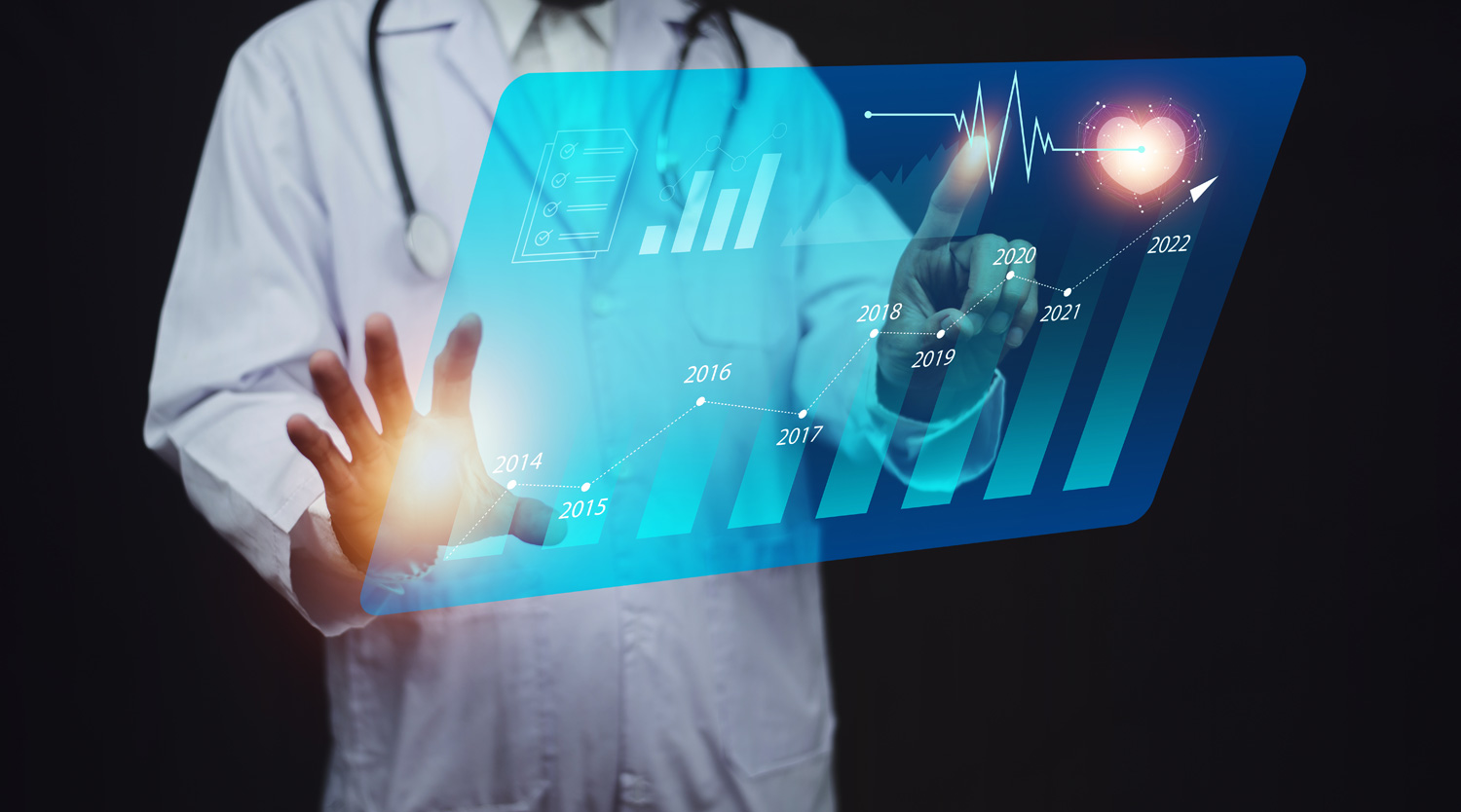
The National Coordinator for Health IT's Office of Policy (ONC) and the Substance Abuse and Mental Health Services Administration (SAMHSA) have boosted efforts to enhance care provision and the functionality of EHR systems in the US. Integrating behavioral health into the broader healthcare framework and governmental agendas is increasingly emphasized. Currently, accessing and sharing behavioral health information across different platforms is challenging, primarily due to insufficiently adapted Electronic Health Records (EHRs) and legislative hurdles. To tackle these challenges, ONC and SAMHSA are working on initiatives and grants for states to boost technical support and create a new 'informational resource' to capture behavioral health care's essence.
Source: https://www.healthcarefinancenews.com/news/interoperability-behavioral-health-data-priority-2024
10. Official investigation opened regarding Change Healthcare security breach in the US.

The US Health and Human Services (HHS) agency is delving into a cyberattack targeting Change Healthcare, an essential medical data processor for millions. This security breach puts at risk patient information and has led to widespread disruptions in healthcare services across the country. The investigation will try to prove the presence of a data leak and examine whether Change Healthcare and its parent entity, UnitedHealth Group, complied with HIPAA regulations. Given the magnitude of this cyber incident, it is potentially one of the most important health data breaches on record. The HHS is pressing UnitedHealth Group and other insurance companies to implement measures to lessen the impact on healthcare providers and patients.
Source: https://www.bankinfosecurity.com/feds-launch-investigation-into-change-healthcare-attack-a-24599
11. New Zealand plans to launch the National Health Data Platform by June 2024.

Te Whatu Ora, also known as Health New Zealand, is advancing to the third phase of its National Data Platform (NDP) project to complete and deploy it by June 2024. This stage involves the migration of priority and complex data sets, transitioning to regular operations and developing a data catalog for National Collections. This update responds to an evaluation of New Zealand's health system reforms, which criticizes the ongoing reliance on manual data handling following the merger of 20 district health boards. The review calls for standardizing national data sets and accelerating the implementation plan to improve data accessibility and system-wide information. Te Whatu Ora managers have also released the first API standards for New Zealand's health sector to enhance interoperability, data exchange and innovation.

Guiding healthcare reports, IT developments, new partnerships between countries and legislative changes underline the significance of digital transformation in achieving healthcare objectives for 2024 and the future.
We stand with you throughout the healthcare IT journey, equipped with our innovative solutions. Beyond introducing new technologies, we offer technical and informational assistance to facilitate your adaptation to these advancements. Observing recent WHO reports and developments at the country, regional and intercontinental levels, it's evident that AI and the demand for systems capable of delivering high-quality and consistent data flow are becoming increasingly necessary. Everyone is ready to move forward, yet finding the right conditions and products remains a process.
At Tiga, we accept this challenge. Our focus on healthcare data management proves we are moving in the right direction. As an illustrative example, the Personal Health Record (PHR) product offers a secure and integrated healthcare data system that the new European Health Data Space awaits Europe. It strengthens patient engagement by giving them direct access to their health data.
Further, our Healthcare Interoperability solutions align well with the WHO's call for interoperable, nationwide electronic health record systems. Our FHIR Stack meets the needs for secure sharing and regulatory compliance. Additionally, our Terminology Server and Enterprise Master Patient Data Index (EMPI) enable healthcare professionals to define and manage critical data consistently, facilitating reliable information management across different healthcare facilities.
Given the rising use of AI and data analytics, our ShareMind - Health Analytics Platform stands out as an exact fit. By combining machine learning models with sensitive health data analysis, this analytics platform enables researchers to develop secure models confidently.
Our journey doesn't end here. We provide a full spectrum of healthcare IT innovation, from secure data exchange to drug traceability and pharma management. Our portfolio also includes leading solutions for population health and hospital information management. Committed to relentless innovation, we aim to remain at the cutting edge of healthcare IT.
Let's shape the future together!
